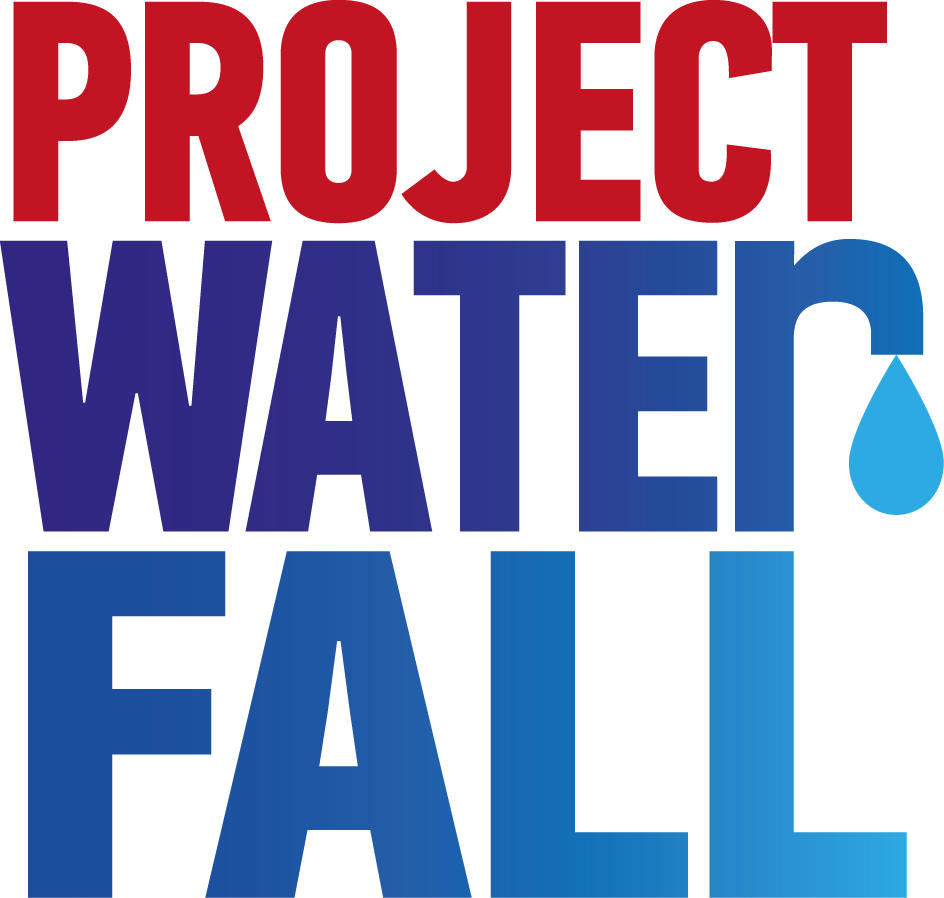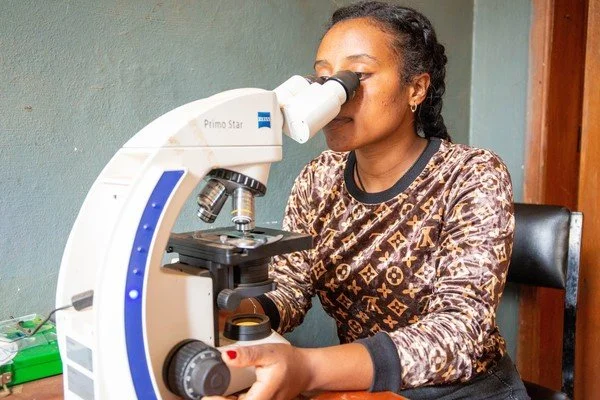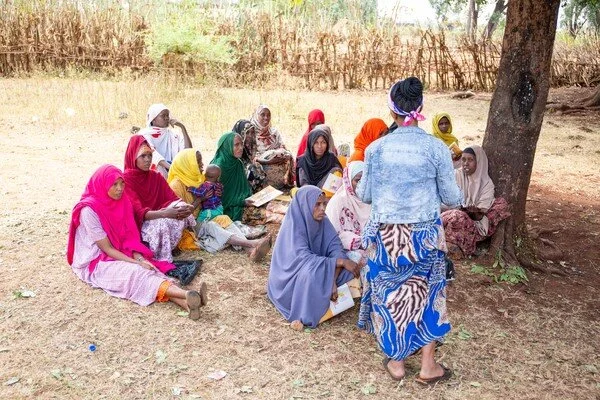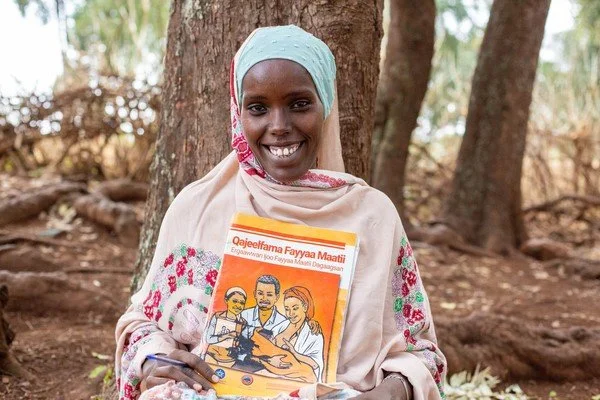The theme for 2024’s International Women’s Day is Inspire Inclusion, in particular the promotion of diversity in leadership and decision-making positions. In the pursuit of gender equality and women's empowerment, access to clean water and sanitation (WASH) emerges as a critical factor, impacting not only the health and well-being of women but also their ability to participate in decision-making processes. Project Waterfall’s mission to bring clean water, sanitation and education to coffee-growing communities endeavours to overcome this disparity, championing women’s inclusion in leadership.
Photo: WaterAid
Women and girls bear the primary responsibility for fetching water in 7 out of 10 households globally, with girls under 15 nearly twice as likely as boys to be tasked with water collection. These responsibilities translate into long journeys, hindering education, work, and leisure time, while exposing them to physical dangers along the way. Another factor which limits women’s inclusion in decision making processes is ‘Period Poverty’. Lack of access to clean water and sanitation compromises women’s dignity and millions of women are subjected to injustice and inequity when they get their period. In some communities, women and girls are forced to stay home for up to a week per month whilst menstruating, perpetuating negative stereotypes and having long-term impacts, notably, exclusion from leadership roles.
Addressing WASH disparities is integral to achieve the Sustainable Development Goal target for universal access to safely managed drinking water, sanitation, and basic hygiene services by 2030. By alleviating the burdens placed on women and girls due to water and sanitation inequalities, societies can empower them to actively participate in decision-making processes.
Photo: WaterAid
Since Project Waterfall’s inception, we have been supporting WASH projects which champion women’s inclusion in decision making. We try to maintain a 50/50 gender split in the leadership of projects; this is critical due to the disproportionate impact that lack of clean water has on women. Our delivery partner Splash who we have been working closely with in Ethiopia since 2014 not only address the infrastructure to access clean water, but also tackle the stigmatisation of menstruation with practical and educational intervention. By providing facilities so girls can manage their periods with dignity, and educating both girls and boys on menstruation, long-term, sustainable change can be made, and inclusion of women and girls started from a young age.
Photo: WaterAid
As we celebrate International Women's Day 2024, let us recognise the pivotal role of clean water and sanitation in determining a future where women are not just included, but actively engaged in shaping a more equitable and inclusive world. At Project Waterfall with the support of our partners, we want to continue to champion women’s involvement in decision making processes and inspire inclusion in all aspects of our work. We are determined to continue our mission and give back to the communities growing our coffee by investing in sustainable clean water, sanitation and hygiene projects.




